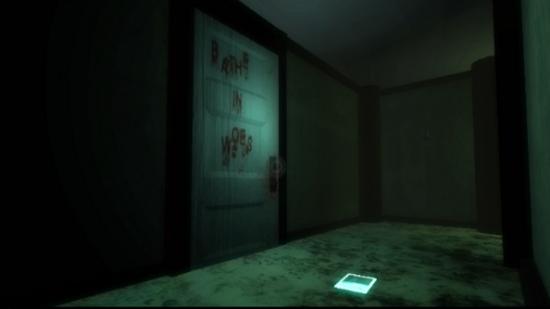Nevermind is a curious horror adventure game that employs a biofeedback sensor to monitor your stress and fear levels, and the more scared the player becomes, the harder the game gets.
As you attempt to solve puzzles and face horrific scenes, you’ll need to remain calm and focused or the game will get the better of you. It’s like the insanity mechanic from Amnesia, but it’s tracking your state, not the character’s. Terrifying stuff.
Nevermind is in the Kickstarter phase at the moment, with developer Erin Reynolds asking for $250,000.
“The game knows more about you than you know about yourself,” Reynolds says. It’s the future of gaming, she believes, where the real world and digital world collide. If the rise of motion controls, VR and augmented reality games are anything to go by, she might very well be right.
Nevermind takes place in the near-future, with players adopting the role of a Neuroprober, a physician who can use advanced technology to explore the minds of trauma victims.
It doesn’t just serve to entertain or scare, however. Nevermind is also designed to teach people how to deal with stress and anxiety.
“Nevermind has a lot of potential to actually help people through mindfulness techniques to manage their own stress and anxiety,” USC Creative Media & Behavioral Health Center Director Marientina Gotsis said. “I’ve been yearning for years for something like this to be put out in public. This is in tune with what we know in affective neuroscience, in terms of how the brain works, and is a very exciting experiment to combine both games and potential health benefits.”
With 29 days left on the Kickstarter, Nevermind has gained just over $8,000 in pledges.
